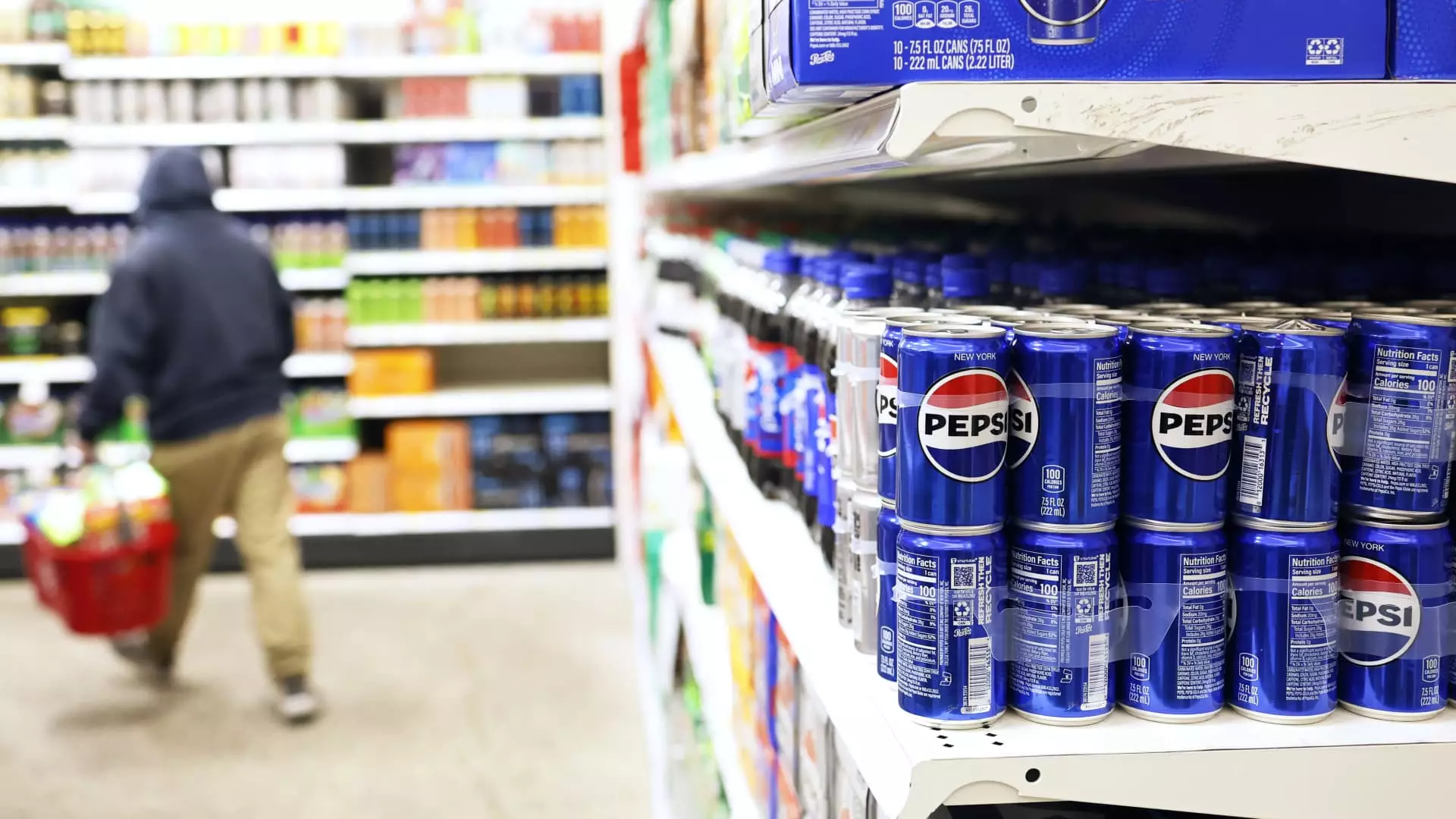In an assertive move, the Federal Trade Commission (FTC) has initiated a lawsuit against PepsiCo, claiming the beverage giant engaged in price discrimination that undermines fair competition in the retail marketplace. The FTC alleges that PepsiCo provided preferential pricing and promotional benefits to a specific retailer, identified through sources as Walmart. These practices allegedly violate the Robinson-Patman Act, a longstanding law aimed at prohibiting sellers from charging different prices to competing buyers for the same goods, and specifically from providing selective allowances that could distort competition.
The core of the FTC’s allegations centers around the assertion that PepsiCo furnished Walmart with promotional payments and support that were not extended to competing retailers. Notably, the lawsuit claims that these marketing tools influenced Walmart’s pricing strategies in a way that could disadvantage its rivals. Such actions not only raise questions about legal compliance but also challenge the underlying principles of market fairness and consumer choice.
PepsiCo’s Response
In stark opposition to the FTC’s claims, PepsiCo has firmly refuted the allegations, labeling the lawsuit as both factually incorrect and legally baseless. The company argues that its pricing strategies are consistent with industry standards, emphasizing that the supposed discounts and promotional supports are not favoring certain customers to the exclusion of others. PepsiCo has expressed its resolve to contest the lawsuit vigorously in court, indicating a commitment to defending its business practices amid rising regulatory scrutiny.
This situation reflects the complexities of the retail environment where large players like Walmart negotiate aggressive pricing structures. PepsiCo asserts that the nature of these partnerships is typical within the industry, suggesting an inherent tension between corporate strategies and regulatory frameworks.
The Regulatory Landscape and Broader Implications
This lawsuit comes at a critical moment for the FTC, as it attempts to reinvigorate its enforcement of the Robinson-Patman Act after a decades-long lull. Following a period of deregulation that began in the 1980s, the FTC resumed enforcing this legislation in December when it took action against Southern Glazer’s, a leading distributor of wine and spirits. The case against PepsiCo signifies a broader aim to reestablish equitable trading practices within the food and beverage sector.
Notably, the timing of the lawsuit aligns with a significant transition in the FTC’s leadership, with President-elect Donald Trump soon to be inaugurated. The tenure of FTC Chair Lina Khan, recognized for her aggressive stance on corporate accountability, is coming to an end, and her successor, Andrew Ferguson, has already expressed dissent regarding the lawsuit against PepsiCo. This shift raises questions about the future of antitrust enforcement and whether current priorities will change under new leadership.
As the legal battle unfolds, the implications of the FTC’s case against PepsiCo extend beyond the immediate parties involved and into the wider realm of competitive retail practices. Increased scrutiny from regulators could signal a more proactive approach to antitrust enforcement, posing challenges for companies accustomed to negotiating exclusive pricing arrangements. Ultimately, the case highlights the invigorated debate surrounding market fairness, corporate responsibility, and the essential role of regulatory oversight in maintaining competitive integrity.

Leave a Reply